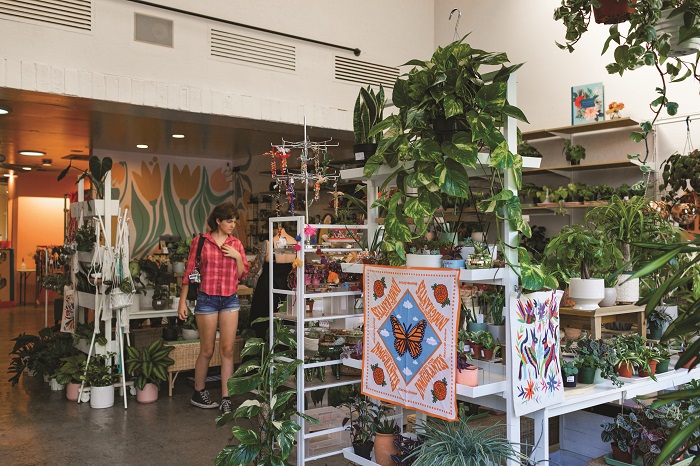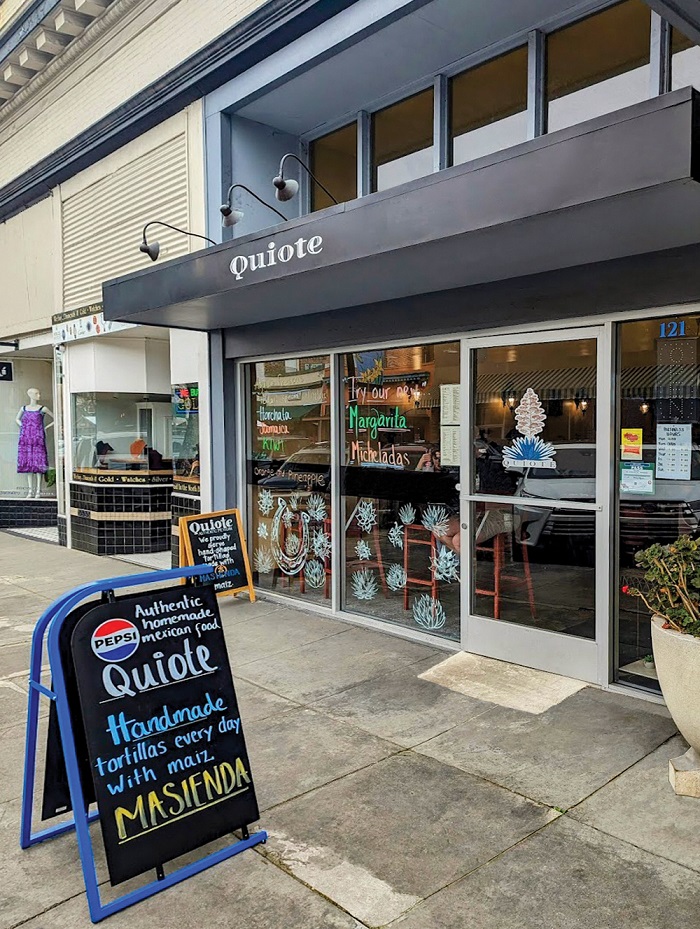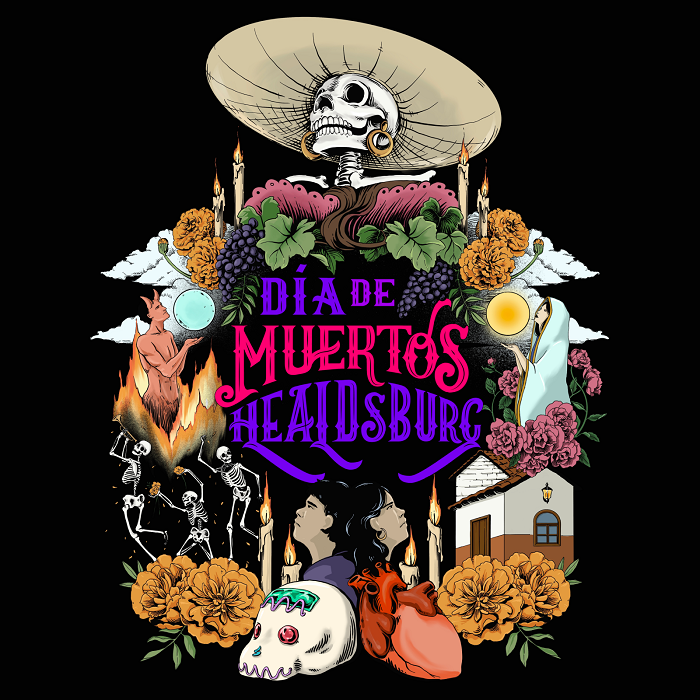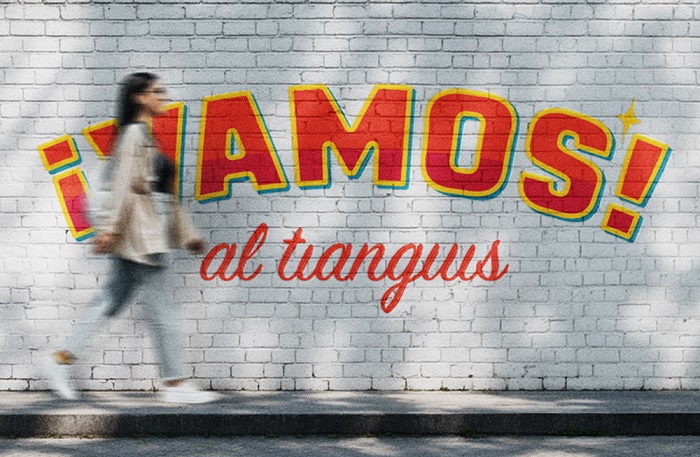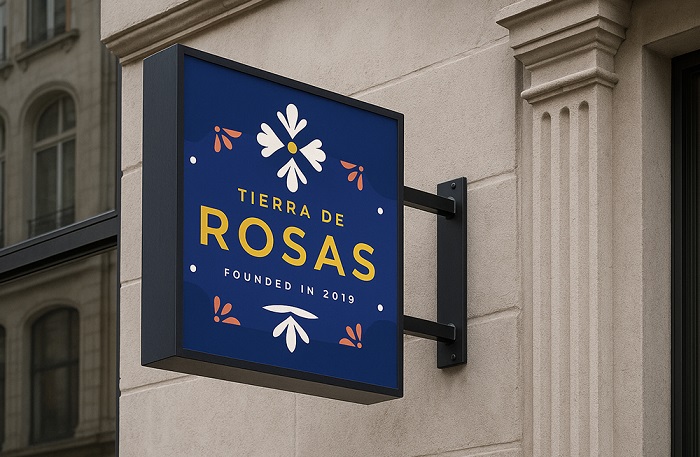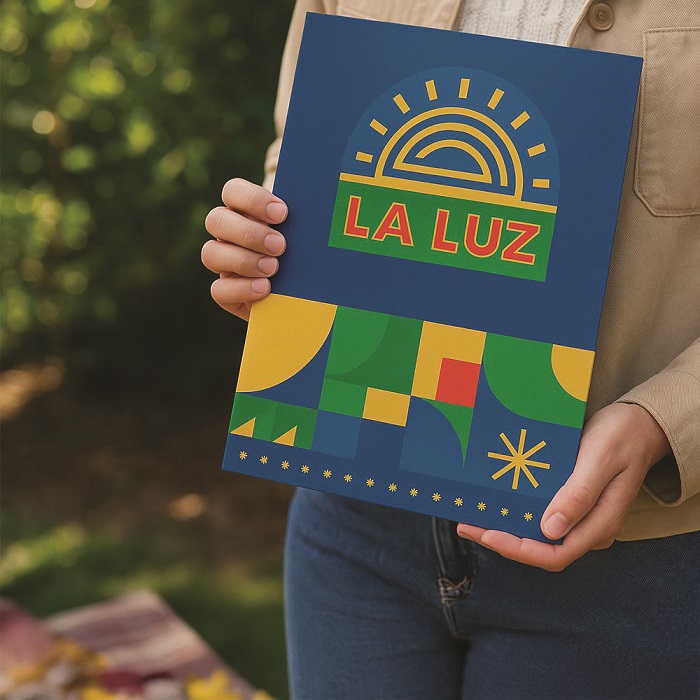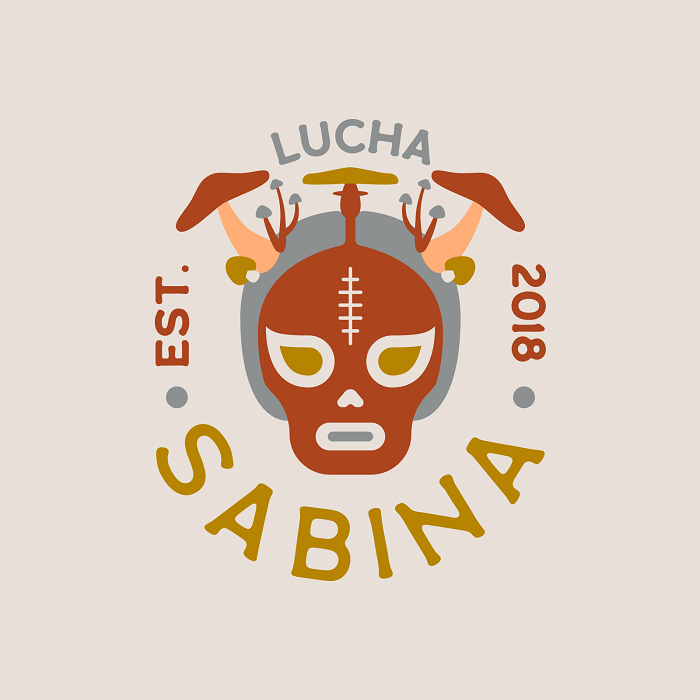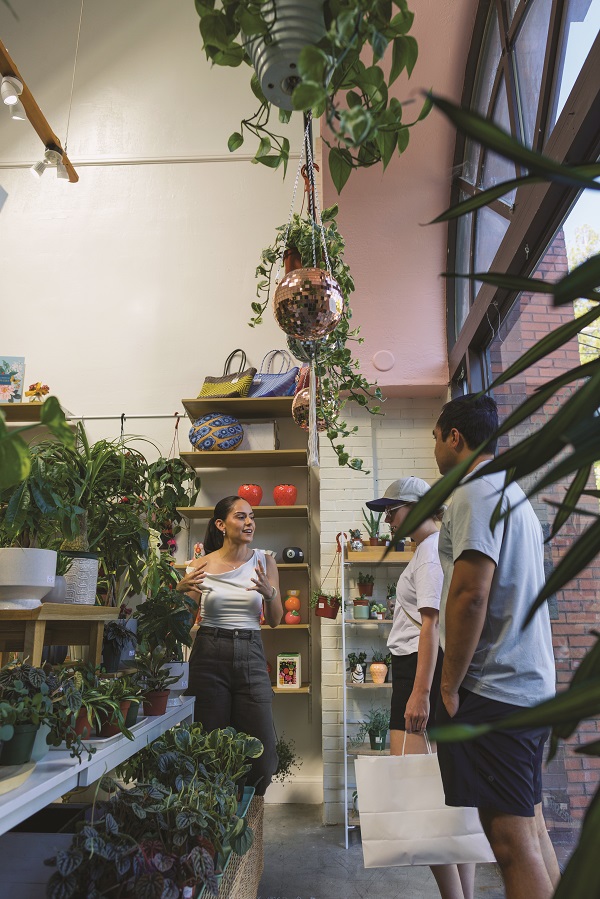An Immigrant Legacy of Entrepreneurship.
Cover photo by Paige Green
Surrounded by succulents, snake plants, and philodendrons in her downtown Santa Rosa shop, Ana Prado describes herself as “Con el nopal en la frente,” which translates to “with a cactus on the forehead.”
For the founder of a new plant boutique on Courthouse Square, this might seem an apt if somewhat odd description. But the expression refers not to her botanical passion but rather to her heritage. Long used as a derogatory term, it describes Mexicans in the U.S. who are seen as failing to assimilate—who, no matter how hard they try, can’t hide where they come from. As if, quite literally, they have a cactus growing from their forehead.
But Prado, the daughter of immigrants, is on a mission to reclaim that expression as a source of pride. Because were it not for those roots—that cactus on her forehead—she wouldn’t be here today and nor would her shop, Blooming Coast.
Immigrants Make America Great
Originally from Guanajuato and Jalisco, her parents arrived as teenagers in Sonoma County, where they found jobs in the local orchards. While they were busy working hard to give their children a better life, Prado’s grandmother helped raise her. In 2020, when her grandmother passed, Prado felt overcome by grief. But she also found herself facing a dilemma she hadn’t expected: what to do with all her grandmother’s beloved plants.
“I didn’t want to kill them,” she explains. But more than that, Prado felt a familial duty to care for them, to learn everything she could about keeping them healthy, as if those plants possessed something of her grandmother. So she studied up, observed how they grew, learned through trial and error. And in so doing, she found an unexpected solace, a connection to her heritage, and a newfound sense of joy.
It was this joy that inspired Prado to start her own business. For her, Blooming Coast isn’t just about selling plants. Rather, “it’s about sharing that same joy and connection with as many people as possible,” which is why she focuses on varieties that are more accessible to first-time plant owners: lower price tags, less maintenance, and specimens small enough to fit in your hand.
Scattered among the various plants on her shelves, you’ll also find art from Latin America: Frida Kahlo portraits, Oaxacan crafts, and a poster of a monarch butterfly among flowers beneath the words “Immigrants Make America Great.”
Monarchs, as Prado explains, migrate each year between Mexico and the U.S. “We all love those butterflies. We celebrate them when they arrive. Immigrants do the same thing, though they aren’t always welcomed in the same way. And lately, given what’s happening in this country, some of them feel nervous about celebrating where they come from.”
For Prado, proudly celebrating her roots and proudly serving this country are by no means mutually exclusive. As a U.S. Marine veteran, she understands this deeply. But even today, as an entrepreneur, she’s contributing to the American economy in a way that, statistically speaking, immigrants and their children do more than most. Despite claims of newcomers to the U.S. either stealing jobs or draining public resources, immigrants are far more likely to instead start their own businesses, accounting for 29% of entrepreneurs in 2021. And in 2024, almost half of Fortune 500 companies were founded by immigrants or their children, which altogether employ millions of people, both immigrants and citizens alike.
These trends, says Prado, are rooted in a legacy of risk, a prerequisite for entrepreneurs and immigrants alike. “I’ve made sacrifices to get my business up and running, but nothing compared to what my family did to bring us here. Even as a former Marine, I can’t imagine the bravery that their journey required. They inspired me.”
But beyond just inspiration, her family’s experience has also given her a sense of solidarity with other immigrant families as well as with fellow entrepreneurs, people like Julio Ortiz whose restaurant in Petaluma, she swears, makes the best enchiladas in Sonoma County.
Dos Mundos
Taking a brief rest before the dinner rush at Quiote while his mother busily runs back and forth from the restaurant kitchen, Ortiz shows off two tattoos on his wrists: one reads “dos” and the other “mundos,” meaning “two worlds.” For him, like Prado, standing with one foot firmly in the U.S. and the other in the land of his parents, provides both meaning for himself as well as a cultural exchange that benefits everyone.
His family arrived in Sonoma County from Ciudad Guzman. As a kid, he’d bus tables at his aunt’s restaurant in Petaluma, and it was there that he fell in love with cooking. As an adult, he went on to work in upscale kitchens, among them Michelin-starred Single Thread. But with that same immigrant entrepreneurism burning hot within him, Ortiz too longed to start his own business, one that he hoped would showcase his Mexican roots while simultaneously tapping into new roots he’d grown here in the United States.
Today, while the heirloom maize in his restaurant’s handmade tortillas is sourced from small family farms in Mexico, many of his fresh vegetables come from Suncatcher Farm, just down the road. To him, it’s the best of both worlds.
Ortiz recalls his parents saying that when they were younger, speaking Spanish in the U.S. felt frowned upon. But today, he makes a point to speak it with his daughters at home and feels that Sonoma County has been incredibly supportive of him and his restaurant’s ambitions to showcase the very best of Mexican culture.
“Immigrants come to this country chasing a dream,” he says. “I’m a walking example of that. They’re all hungry for something more and this hunger is why so many of us start businesses.”
“Hunger” is the exact word that Ricardo Ibarra uses to describe the immigrant experience of his family, too.
Celebrating Latinx Roots
Ibarra’s parents arrived in California from Guadalajara hungry for opportunity, both for themselves and their children. Thanks to their sacrifices, Ibarra, founder of the Sonoma County-based creative studio Watza Lab, launched a career in journalism, which eventually led him to Santa Rosa to launch La Prensa Sonoma, a Spanish-language are of The Press Democrat where he played the roles of founder, writer, editor, graphic designer, and more.
Explore Sonoma County’s many Latinx-owned businesses and organizations and you’re bound to see Ibarra’s creative stamp on colorful signs, labels, and menus: Mitote Food Park, El Gallo Negro, Corazón Healdsburg, Lucha Sabina, Charro Negro, and Casa Roseland, the new affordable housing project going up in southwest Santa Rosa. Like Prado, Ibarra believes the concept of “Con el nopal en la frente” is a cause for celebration. Throughout the many Watza designs, you’ll find cactuses, along with sombreros, lucha libre masks, and other Latin American iconography proudly on full, unapologetic display.
Celebrating the roots of Sonoma County’s Latinx community isn’t just his business; for Ibarra, it’s vital to who he is. “We come here carrying our stories. And if we don’t tell our stories, we don’t exist. We extend our culture to everyone, through music and art, or through our hard work and creativity. It’s an extension of our ancestral story. And now more than ever, we need to define ourselves.”
From the full mariachi band that played during Blooming Coast’s grand opening to the unrivaled enchilada recipe carried across the border by Ortiz’s mother to the joyful Mexican pop-culture vernacular that Watza brings to businesses across the county, these entrepreneurs not only carry on the legacy of their parents’ journey but also share with the rest of us the fruits of that journey too—fruits like the bright red prickly pear you’ll find growing on the nopal cactus.
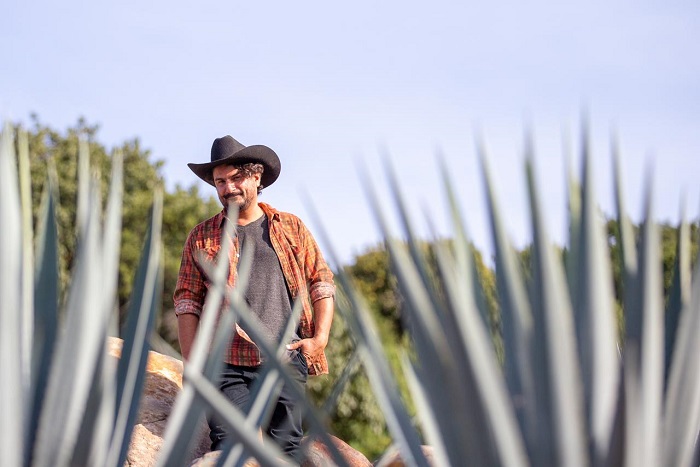
If these entrepreneurs are any indication, a cactus growing from your forehead must mean that you bring a richness of culture, bold new ideas, delicious food, and a hunger to do great things.

- https://www.nber.org/be/20242/immigrant-entrepreneurship-us
- https://www.americanimmigrationcouncil.org/blog/immigrant-entrepreneurs-fortune-500-powering-the-u-s-economy-in-2024/
411
Blooming Coast
529 4th St, Santa Rosa
(707) 239-8940
Quiote
121 Kentucky St, Petaluma
(707) 774-6130
Wed–Sat, 11am–9pm
Sun, Tues, 11am–8pm
Closed Mondays
Watza Lab
Santa Rosa, CA 95401
(415) 720-9609


